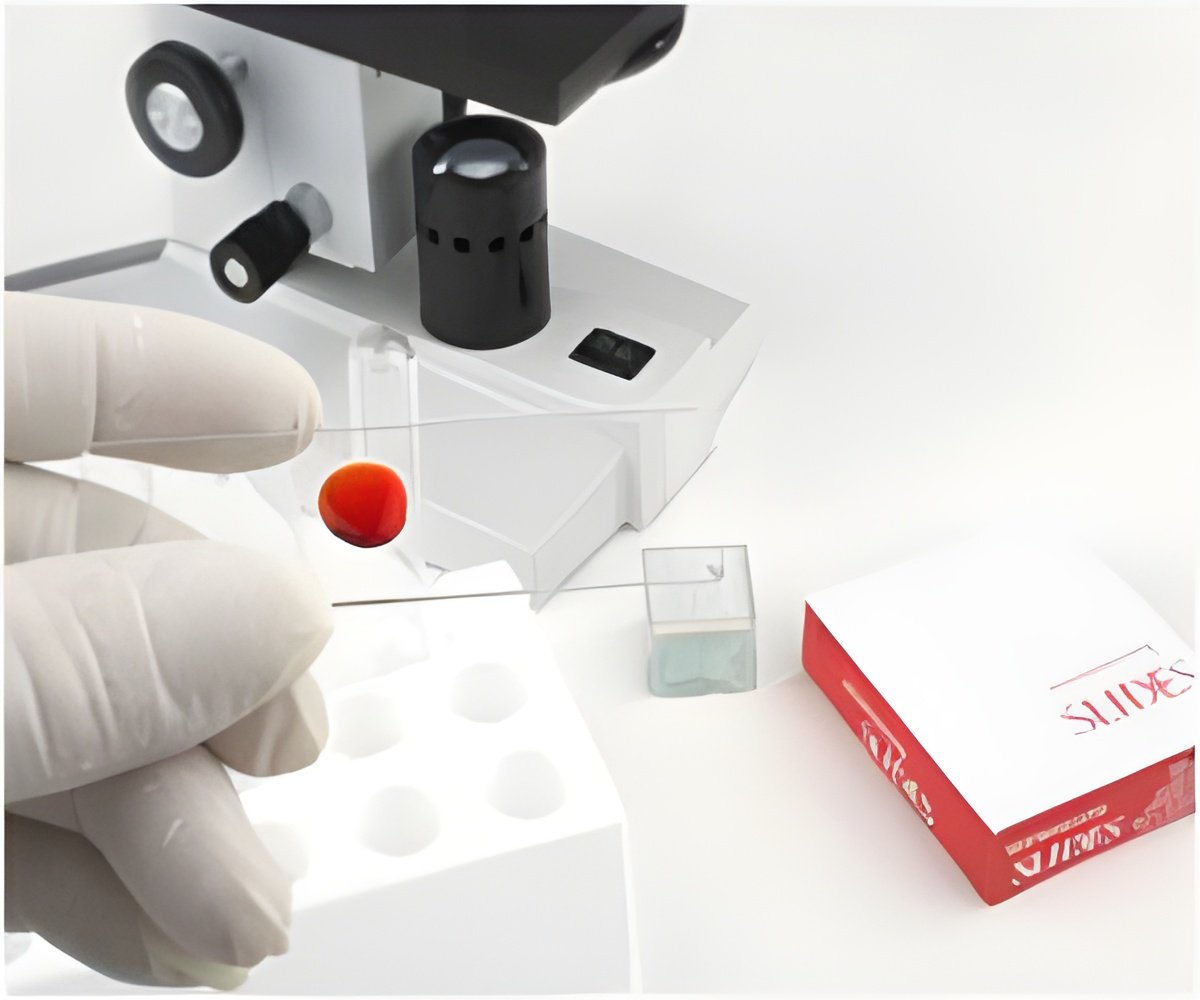
And they hope that within five years the cheap and easy tests will be carried out in the same way routine screening is currently done for some cancers, the Daily Express reported.
"Many people think of heart disease as something that happens suddenly, but the truth is that it often develops over years, or even decades," the Paper quoted study leader Professor Allan Struthers, head of cardiovascular and diabetes medicine at the University of Dundee, as saying.
They found that a combination of blood tests could identify those who show no tell-tale signs, like shortness of breath or chest pains.
In the early stages of heart disease, there is low-level damage but often this gives no symptoms.
If people with this low-level damage could be identified before they go on to develop symptoms, they could be given treatments to prevent future events such as a heart attack or sudden cardiac death, which is when the heart just stops beating.
Advertisement
Both tests are currently used in the diagnosis of more obvious, developed heart disease.
Advertisement
The researchers then used heart scans in all 300 patients to confirm that those with positive blood tests actually had heart disease.
Next the researchers will calculate which patients could benefit most from the tests.
But the 25pound-a-time testing will only be appropriate for certain groups.
The research has been published in the Journal of the American College of Cardiology.
Source-ANI













